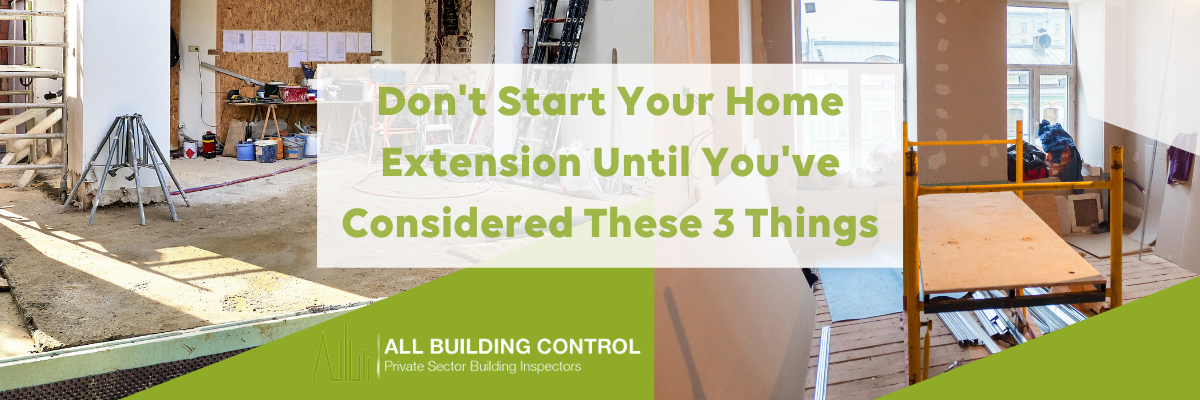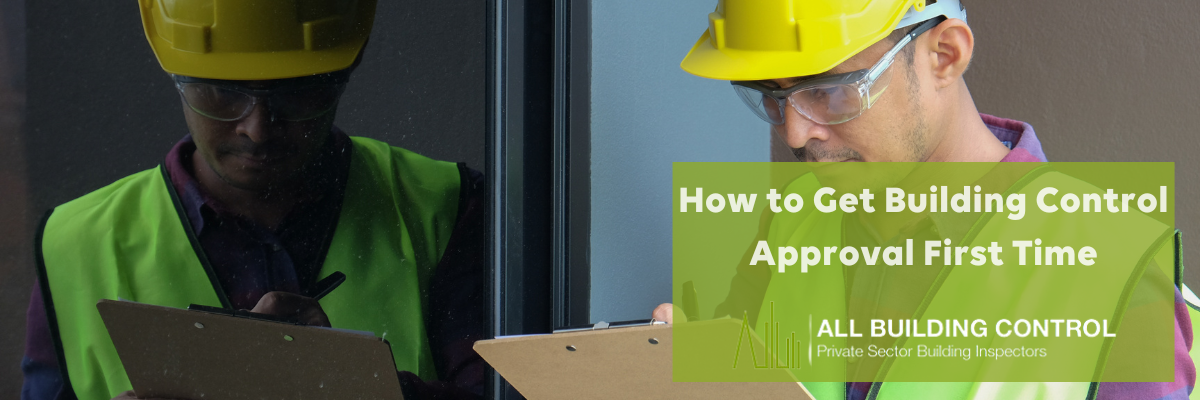Do you ever get the feeling that your home isn’t quite where you want it to be? Luckily for you, we’ve compiled some expert advice from top building surveyors in Chelsea for making your home the best it can be.
Bigger is Better
Sometimes, all you need is more space.
If you’re in a situation where you don’t want to move, but you also feel like you’ve outgrown your current living situation, a home extension could be the perfect compromise. You’d be shocked at how big a difference just a little extra space can make.
Think Outside the House
Never underestimate the usefulness of your garden space.
Nowadays, more and more people are adding stylish summer houses or log cabins to their houses, transforming them into a practical spaces.
Whether you’re looking for a brand new office away from the noisy house, a place to unwind with a book in nature or space to practise your hobbies, a garden structure could be the perfect addition to your home.
Dream Lofty Dreams
If you’re not willing to splash out for a home extension, a loft conversion could be an ideal alternative. This is an amazing way to transform the space you already have, making it that little bit more practical and stylish.
Work Smarter, Not Harder
Why not bring your home into the 21st century?
There are hundreds of ways you can now upgrade your home with smart technology, whether through a smart security system, a smart lighting schedule, a smart fridge or even a smart coffee maker.
The possibilities are pretty much endless.
Go Solar
Want to make your home more environmentally friendly?
We are all about sustainability here at All Building Control. Solar panels are an amazing, cost-efficient way of generating power for your home and are becoming all the more popular with each passing year.
Add Those Finishing Touches
Of course, one of the most obvious but effective ways of improving your home is by whipping out that trusty paintbrush. Nothing quite makes a house a home like decorating.
Not only will decorating make your house more personable and homely, it’s also your perfect opportunity to patch up all the little defects that could cause an eyesore or, worse, could present risks to your safety.
Got squeaky doors and windows or door latches that don’t work? Or perhaps one of your taps won’t stop dripping, and there’s a persistent damp smell lingering around the kitchen? Maybe there’s the occasional crack in the wall or ceiling, or the floorboards have lifted, so they no longer lie flat?
Luckily, all of these issues won’t prove too difficult to fix yourself. If you’re not a fan of DIY, hiring a professional shouldn’t prove too costly.
Make Sure Your Home is up to Code
Building regulations are there to make sure your house is safe, energy-efficient, and basically as good as possible for your comfort. The team at All Building Control are passionate about making sure every home is as good as it can possibly be.
If you’re making over your home, get in touch with us to see how we can help make your renovation journey a flawless one. We can also help you with planning permissions where needed, and can even assist in party wall matters.
Make your home more homely with All Building Control.




